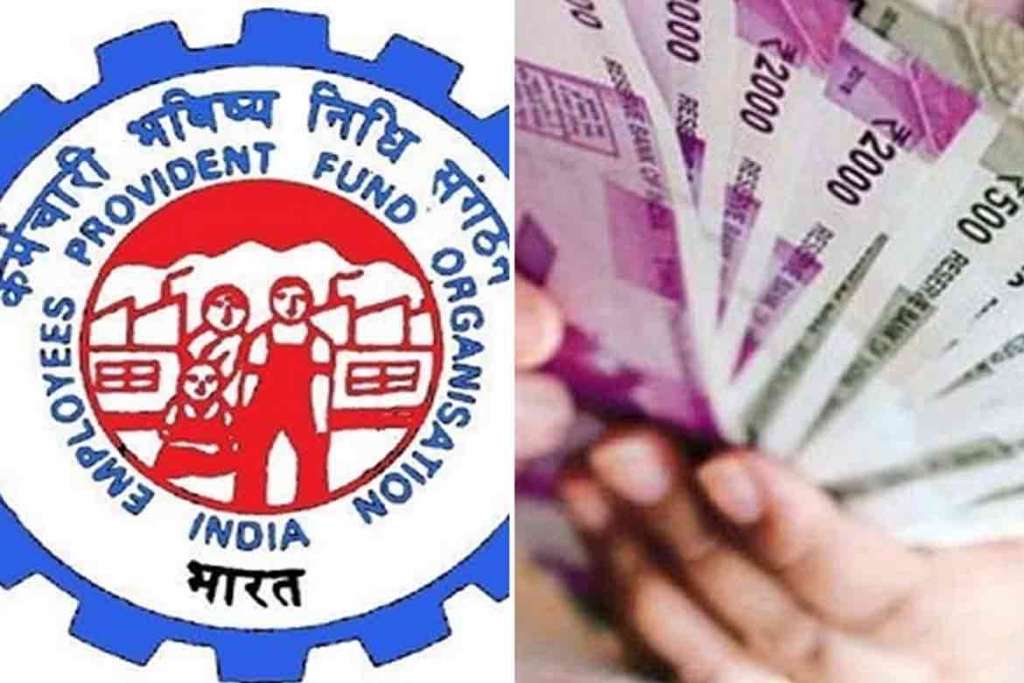
Fiscal Year 2021-22 will bring some new rules. The rules regarding the Provident Fund (PF) will change from April 1. It will cover all types of provident funds including EPF (Employees Provident Fund), VPF (Voluntary Provident Fund), PPF (Public Provident Fund).
Also Read
ગુજરાત કેવી રીતે અભ્યાસ કરશે?: રાજકોટમાં સરકારી શાળામાં વિદ્યાર્થીઓએ પેનને બદલે પાવડો ઉતાર્યો હતો
Tax on interest on deposits above Rs 2.5 lakh
If a person deposits more than Rs 2.5 lakh in a year in EPF or PPF, the government has announced to levy tax on it. The government will levy tax on interest earned on deposits above Rs 2.5 lakh.

More celery will have an effect on people
The new rules regarding the Provident Fund account will not affect the general public. This rule will affect those whose salary is more than Rs 85,000.
Tips for affiliate marketing
Tips for affiliate marketing
Read More Click Here
What is the rule
As per the rules, 12 per cent of the basic salary is deposited by the employee and 12 per cent by the company. If the PF is deducted as per the rules, suppose a person's annual pack is 10 lakh 20 thousand (85 thousand rupees monthly) then the new rule will not affect him either. It will affect people with more than 85 thousand celery.

Why invest more in EPF or PPF
In the financial year 2021-22, the Modi government has targeted those who were investing in EPF or PPF with the intention of saving taxes. According to the rules, 12 per cent of the basic salary is invested in EPF but some people deposit more money in EPF or VPF with the intention of saving tax as it earns good interest and so far there is no tax system. Arrangements have now been made to collect taxes from such people in the new financial year.
No tax on employer's deposit
The new rule, effective April 1, only deals with tax on employee deposits. The employer means that no tax is levied on the interest on the contribution made by the company. Very few people will be affected by this rule as only a company will deposit more contributions in the employee's account than the rule.


No comments:
Post a Comment